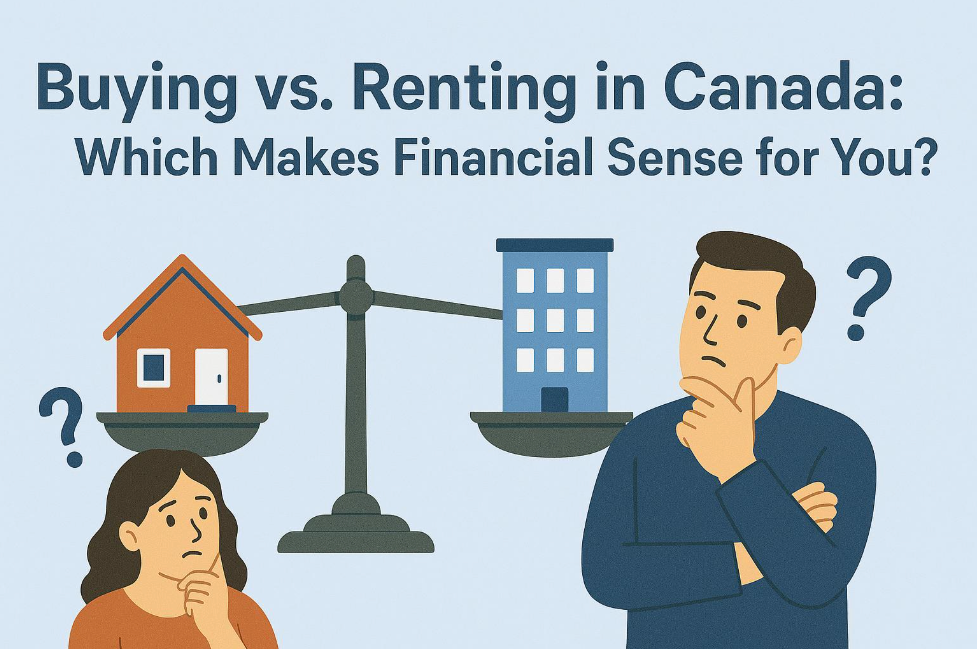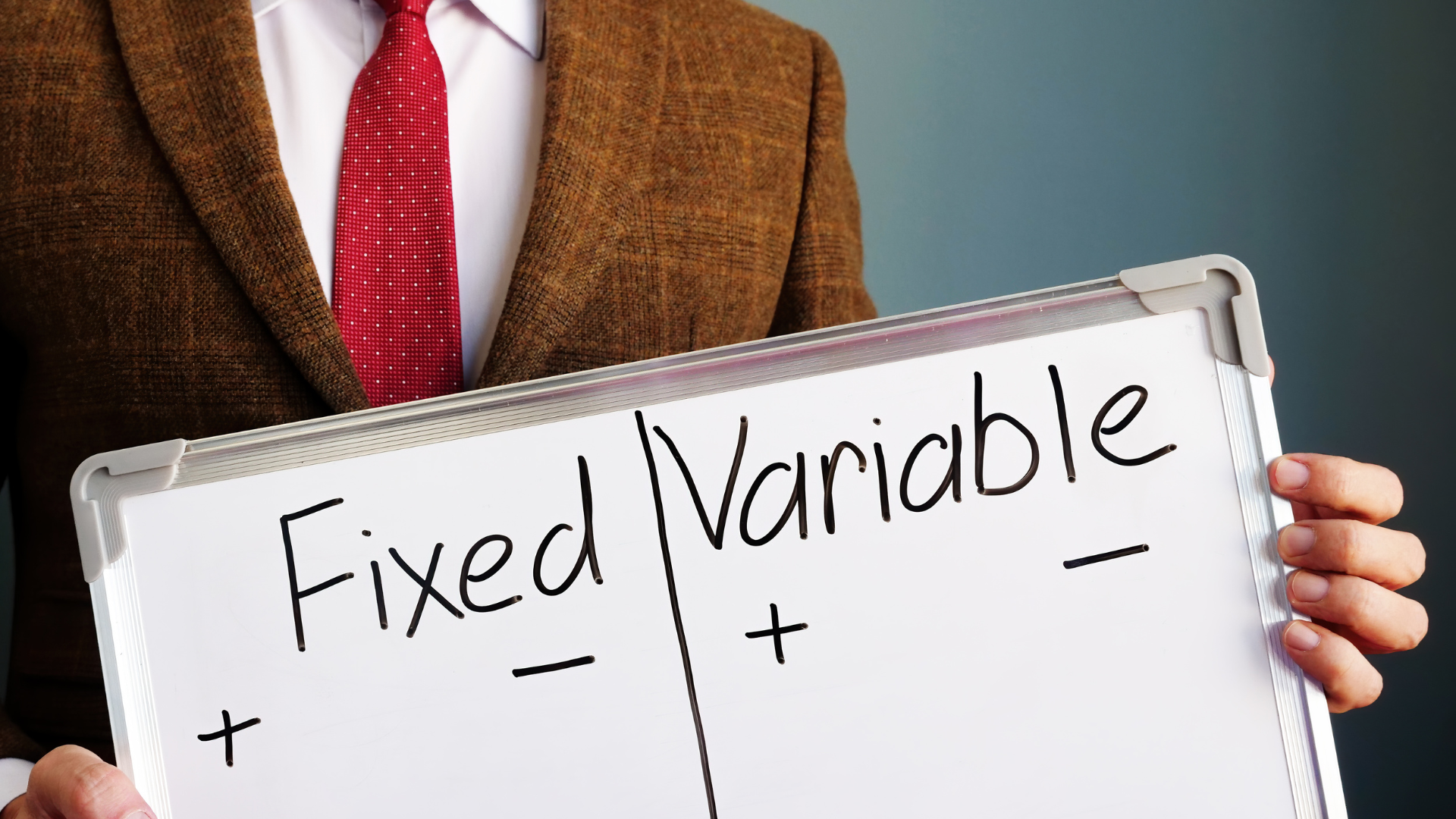What is Mortgage Fraud and How to Protect Yourself

Understanding Mortgage Fraud
Mortgage fraud is when people lie or cheat to get a mortgage loan or better loan terms than they should. This means giving false information on purpose. Different people can commit mortgage fraud, from individuals looking for loopholes to people within the mortgage industry itself. They might do this to own a home, take advantage of rising interest rates, or make a lot of money quickly.
In 2023, the Canadian Anti-Fraud Centre processed more than 63,000 reports of fraud, resulting in staggering losses totalling $569 million.
- These figures likely underestimate the true extent of fraud, as the Anti-Fraud Centre estimates that only 5-10% of incidents are reported.
- While fraud can impact anyone, older Canadians are particularly vulnerable.
Types of Mortgage Fraud
Here are the different types of mortgage fraud, as explained by the Canada Mortgage and Housing Corporation (CHMC):
- Fraud for Profit: This happens when someone sells a property at a price much higher than it’s worth, tricking mortgage lenders or buyers about its true value.
- Fraud for Commission: Using false information to get more mortgages, increasing their commissions.
- Fraud for Shelter: People use fake documents or lie about their income or credit history to get bigger loans.
- Straw Buyer Schemes: Someone pretends to be a legitimate buyer to get a mortgage on a home they don’t plan to pay for.
- Real Estate Title Fraud: Thieves steal a homeowner’s identity to refinance or sell their home without them knowing, using fake IDs or forged documents.
Protecting Yourself from Mortgage Fraud
Here’s how to help avoid mortgage fraud:
- Encourage honesty in loan applications.
- Don’t add your name to someone else’s mortgage without a clear plan for payments.
- Seek independent legal advice.
- Conduct thorough property assessments/appraisal
- Check the credentials of your real estate professionals.
What Mortgage Fraud Looks Like
Both homebuyers and the professionals they work with can commit mortgage fraud. Common cheats include:
- Faking or altering paperwork.
- Not communicating or disclosing important information.
- Making verbal agreements or accepting cash fees.
- Lying about job status, making fake pay stubs, or lying about a property’s purpose.

Consequences of Mortgage Fraud
Mortgage fraud can have serious consequences:
- Criminal charges and legal trouble.
- Canceled mortgages, lost deposits, or getting sued.
- Difficulty getting future loans.
- Possible foreclosure if fraud is discovered after closing.
For real estate professionals, the consequences can include losing certification, hefty fines, career damage, and criminal liability.
How Mortgage Fraud is Detected
Lenders use anti-fraud experts to watch for suspicious behavior in documents and accounts. They use both manual checks and advanced technology. The Canada Mortgage and Housing Corporation also has a fraud team to protect against mortgage fraud.
Protecting Your Home from Mortgage and Real Estate Title Fraud
Title and mortgage fraud are increasing, especially targeting seniors. These crimes involve skilled perpetrators using modern technology and understanding of real estate processes. First Canadian Title estimates that mortgage fraud in Canada has surpassed $100 million, with title fraud happening about twice a week, mostly affecting the elderly.
Simple Precautions to Prevent Mortgage Fraud
- Work with certified mortgage professionals.
- Make sure an unbiased real estate or mortgage lawyer reviews all mortgage documents.
- Proofread all documents carefully before submitting them.
- Seek independent legal advice if you suspect fraud.
By taking these steps, you can protect yourself and your home from mortgage and real estate title fraud, ensuring your financial well-being and peace of mind.
Mortgages are complicated… you need to engage an expert!!! Give me a call and let’s discuss a mortgage that works for you (not the bank)!
Kelly Hudson
Mortgage Expert
Cell: 604-312-5009
Kelly@KellyHudsonMortgages.com
www.KellyHudsonMortgages.com






